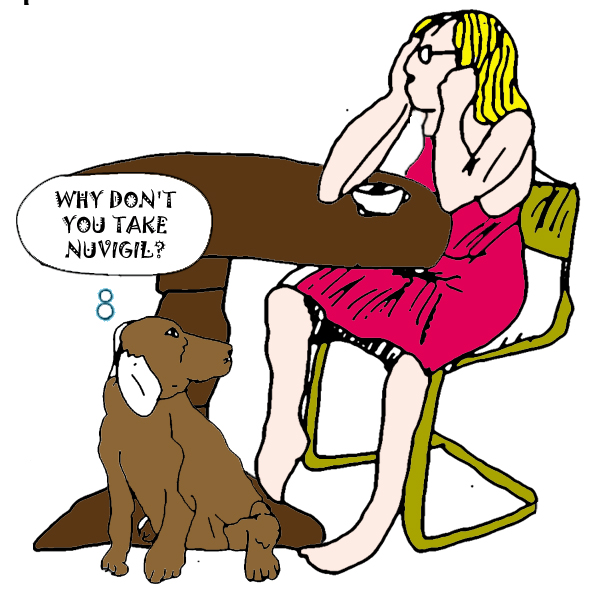It’s hard to tell the difference between the new radio ads for the McDonald’s breakfast menu and the “wakefulness” drug Nuvigil in Chicago because they both begin with the sound of someone snoring and alarm clocks.
But whereas McDonald’s helps the morning lethargy with economy priced breakfast items, Nuvigil helps it with a drug that can cause “a serious rash or a serious allergic reaction that may result in hospitalization or be life-threatening,” also known as Stevens Johnson syndrome. SJS patients are treated on burn units if they are lucky enough to survive.
You can thank pharma lobbying for the approval of a drug (armodafinil) in the US that causes SJS as an “important treatment option” for conditions that may not even exist like “excessive sleepiness” (ES) and “shift work sleep disorder” (SWSD). You can also thank pharma lobbying for the watered down warning which says, “may result in hospitalization or be life-threatening,” instead of, “may result in hospitalization or death,” the way it was probably originally written.
In fact, the FDA rejected Nuvigil’s chemical cousin Provigil (modafinil) in 2006 after testimony in advisory committee hearings revealed that up to 400 children were projected to die if it were approved for ADHD. Not get sick; die.
Cephalon’s Nuvigil has other perks besides the “rash, hives, sores, swelling, or trouble swallowing or breathing” for which you need to “call your doctor right away or get emergency treatment.” It also can cause “mania, delusions, hallucinations, suicidal ideation and aggression, some resulting in hospitalization” say company warnings and should be used with caution “in patients with a history of psychosis, depression, or mania.”
And for those who think being hospitalized for SJS or a psychiatric meltdown is still preferable to being drowsy at work, there is more bad news. Nuvigil may not even work. It “may not stop your ES [excessive sleepiness] completely,” says the prescribing information. Oops.
While pharma lobbying explains the parade of dangerous approved drugs, sometimes withdrawn after being “tested” on the public (Vioxx still turned a profit after the death settlements were paid) it doesn’t explain why people want to dose themselves with iffy drugs and “ask their doctor” when told to. Is it the Madeline syndrome in which a health problem means identity and attention? A hobby; something to do? Is it the same dare devil impulse that makes people send love letters to mass murderers like New York’s Son of Sam David Berkowitz in prison?
Still for fans of high-priced, risky brand drugs their insurance companies will pay for, raising everyone’s rates, there is also once-monthly Boniva trolled by actress Sally Field.
Boniva is a bisphosphonate bone drug, which pharma thought would replace its other wonder drugs for women, hormone therapy until, like HT, they were found to cause the very conditions they were supposed to ameliorate.
Since 2004, the New England Journal of Medicine, Annals of Internal Medicine, the Journal of Clinical Endocrinology & Metabolism, the Journal of Orthopedic Trauma and the journal Injury have all reported paradoxical fractures and/or delayed healing linked to bisphosphonates. But who are you going to listen to — medical journals or Gidget? (Field is famous for her US television roles of Gidget and The Flying Nun.)
And there are other perks to bisphosphonates besides broken bones.
According to last week’s British Medical Journal, “The risk for esophageal cancer nearly doubled in patients given 10 or more prescriptions for oral bisphosphonates, and the risk associated with the drugs increased over time.” The FDA found similar “safety signals.”
No wonder the radio ads say not to take Boniva if you have difficult or painful swallowing, chest pain or continuing or severe heart burn or you can’t sit or stand for an hour. If you can’t, you risk erosive esophagitis, inflammation, bleeding and perforation as the bisphosphonate pill tries to goes down. (See: need for convenient once-a-month version.)
You also don’t want to take Boniva, say the ads, if you have low blood calcium or severe kidney disease or if severe bone, joint and/or muscle pain develops as other medical journals report is likely. In fact, the risks with Boniva are so profound and varied, when Field says “You have only one body and one life” at the end of the commercial, you expect her to say, “so don’t take Boniva.”











